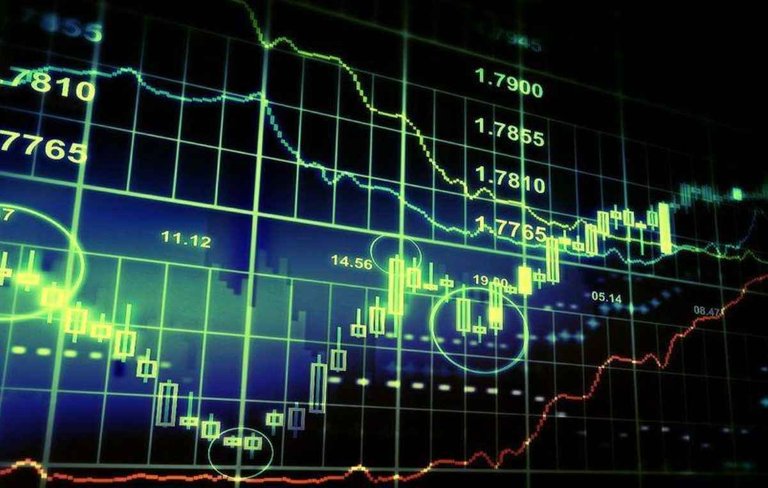
If you want to learn CFD trading online then this is an excellent place to start. Here we will be discussing how you can go about learning to trade CFD using internet resources. As this guide is aimed at beginners, all of the methods and resources mentioned in this guide will be free of charge to you. With the growing popularity of CFD trading there is a lot of high quality free information available. You will see that it is not necessary to spend a dollar in order to learn CFD trading and become a profitable trader.
There are of course many different CFD training courses available, some better than others, which you can purchase if you feel so inclined. Here we will be focusing on learning the basics of CFDs for free though.
First of all, we will look at some reasons why you may want to learn CFD trading. Then we will move on to the material you will need to cover and highlight some excellent trading resources which can really help your learning. The CFD markets offer many advantages for retail traders which will not be found elsewhere. Here are some of the most important.
Very Low Entry Costs
When people think of trading the financial markets they often assume that you ‘need money to make money’. This is true in a lot of cases, but not where CFD trading is concerned. You can actually open a CFD trading account with as little as $50 dollars or less and begin trading straight away, we would not recommend this but it is possible.
In order to attract new traders and ride the Contracts For Difference popularity wave, most CFD brokers will now offer ‘mini’ or even ‘micro’ accounts. These accounts allow you to trade very small lot sizes. It is now perfectly reasonable to deposit a relatively small amount such as $1000 and trade the CFD markets using sensible position sizes, risking only a small amount of your trading capital and following good money management rules. In other markets it is just not possible to trade effectively with small deposit amounts without taking unnecessary risks. Read our lesson on CFD lots for more details about different lot and account sizes.
The vast majority of brokers now offer ‘demo’ trading accounts as well. These basically allow you to ‘paper trade’ and participate in the market with fictional money. Demo accounts are great ways to learn CFD trading for free while getting used to price movements and the actual mechanics of taking a trade, but without risking any of your own money. They are also useful when trying out new strategies which you have not yet fully tested.
High Leverage
The concept of leverage means that you can control large amounts of currency using only the small amount you deposited, and with just a small level of risk. If for example your broker allows leverage of 100:1, using $1000 you can now control up to $100,000. You do not have to use that much leverage if you do not want to, but it is always an option, and one you do not get when trading many other markets.
The key to using leverage is to understand position sizing and learn to calculate your risk on each trade. This will be covered elsewhere here at CFD Firefly. Leverage is definitely a double edged sword and it can work against you, but if you take the time to learn CFD trading so you know what you are doing then the returns can be truly great. See our CFD leverage guide for more details and some example calculations.
CFD Trading Costs Are Low
We know that you do not need a huge amount of capital to start trading, even if you want to control large amounts of money. Buy what about the cost of placing trades? Well, we have more good news for you here.
The amount you pay on each CFD transaction is known as the ‘spread’. This is how your CFD broker is compensated each time you trade. The cost to you will typically be a very small percentage of the overall amount you expect to gain or lose in any one trade. This does depend on how much leverage you are using, but unless you are ‘scalping’ the market and making a high number of trades expecting to make only a few CFD pips each time then the spread will not have much of an effect at all on your trading profits. Depending on where you live you also may pay taxes on your trading activity.
Trade Whenever You Want To
Apart from weekends, the contacts for difference market is always active. There are no opening and closing hours as in stocks and futures trading. Wherever you are trading from in the world, there will be a time to suit you when the market is active. Some times of day are obviously more active than others, but with three major trading sessions all offering excellent price movements, you should not have any issues with timing.